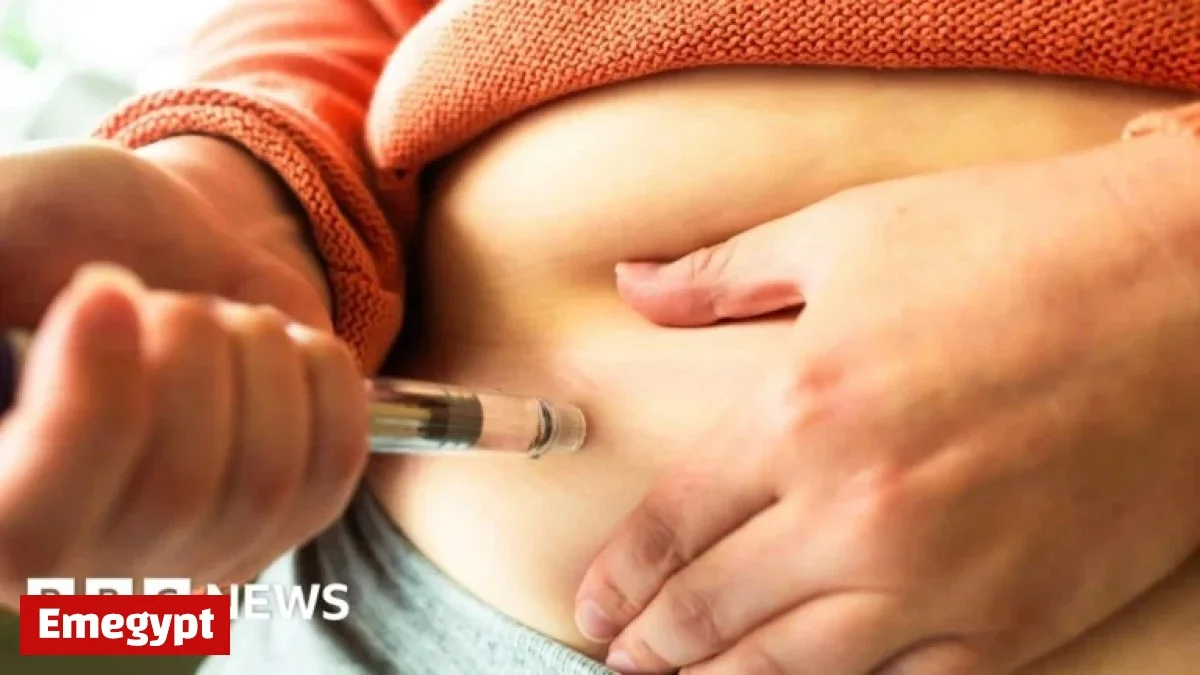
India’s market for antiobesity medications has witnessed a significant surge, with growth observed over the past five years. As the country grapples with rising obesity rates, especially among young professionals, the demand for weightloss drugs has reached unprecedented levels. Many are turning to these medications, previously developed for diabetes treatment, as a solution to their weight concerns.
WeightLoss Drug Surge in India
Two primary medications are driving India’s rapidly expanding weightloss market. These include semaglutide—available as Rybelsus (oral) and Wegovy (injectable)—and tirzepatide, marketed as Mounjaro. Both belong to the GLP1 class of drugs, known for mimicking hormones that regulate hunger.
Key Statistics on Obesity and Diabetes in India
- India has over 77 million individuals diagnosed with Type 2 diabetes.
- The antiobesity drug market skyrocketed from approximately $16 million in 2021 to nearly $100 million today.
- Rybelsus has captured nearly twothirds of the weightloss market since its launch in 2022.
- Mounjaro quickly became the secondbestselling branded drug within months of its launch.
Weightloss drugs like Rybelsus and Mounjaro have shown rapid effectiveness, with results often noticeable within weeks of usage. However, experts caution against reliance solely on these treatments. Discontinuing the drug can lead to weight regain, and potential for muscle loss exists without accompanying exercise regimens.
Risks and Challenges of WeightLoss Drugs
While the allure of rapid weight loss draws many to these medications, doctors express concerns over misuse. Some patients are reportedly taking higher dosages than prescribed, guided by nonmedical professionals such as gym trainers. This misuse poses several health risks, including nausea, gallstones, and pancreatitis.
The Importance of Medical Supervision
Medical professionals emphasize the necessity of supervision when using these weightloss drugs. Increased affordability, following the expected expiration of semaglutide’s patent in March 2024, could lead to a boom in generic versions. However, this accessibility also raises concerns regarding misuse and the potential influx of counterfeit medications.
Changing Perceptions of Obesity
Societal attitudes toward weight and obesity in India complicate effective treatment. Many associate obesity with affluence, leading to stigmas that hinder open discussions about health. Medical experts argue that recognizing obesity as a chronic disease is vital for encouraging healthier lifestyle choices.
Future of Obesity Treatment
As the conversation on obesity evolves, doctors across various specializations are increasingly prescribing weightloss drugs. These medications are being used not only for obesity but also to improve health outcomes in related conditions, such as heart disease and sleep apnea. The trajectory of obesity treatment in India suggests a future where comprehensive approaches, combining medication with lifestyle modifications, will become the norm.
For individuals seeking mild weight loss, doctors recommend traditional methods such as dietary changes and increased physical activity, rather than immediate reliance on medications. The key to sustainable weight management lies in lifestyle adjustments, particularly reducing sugar intake and engaging in regular exercise.
